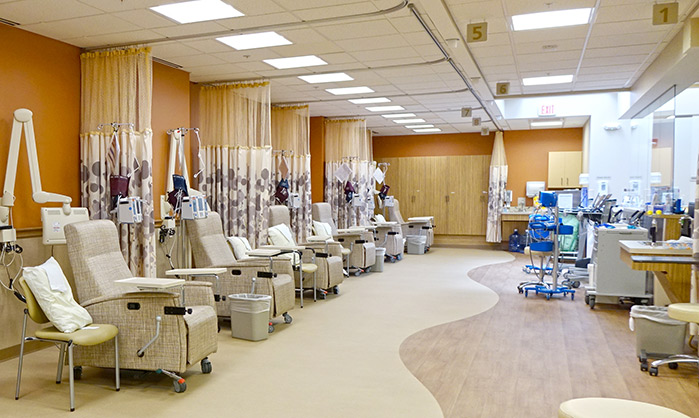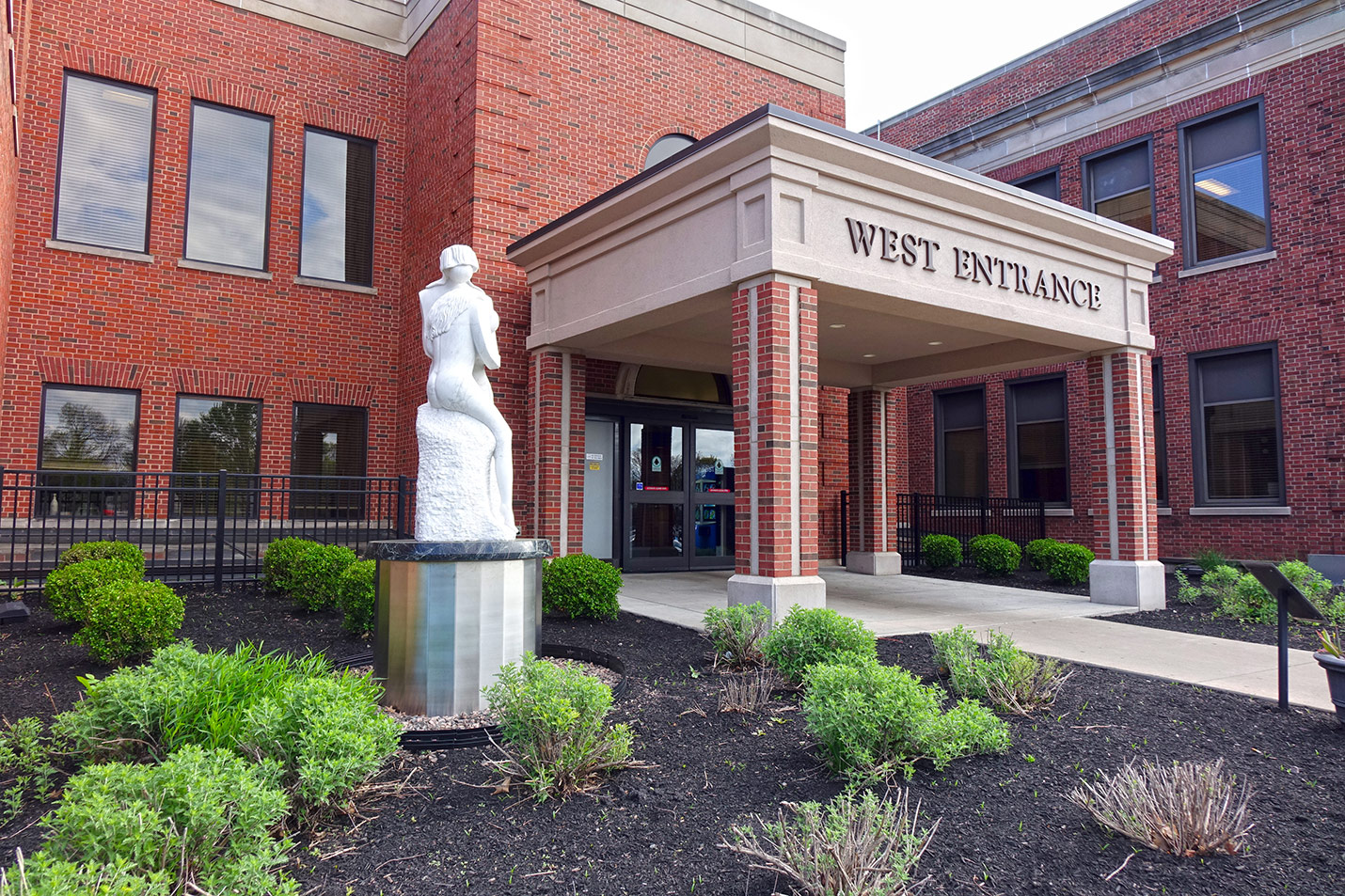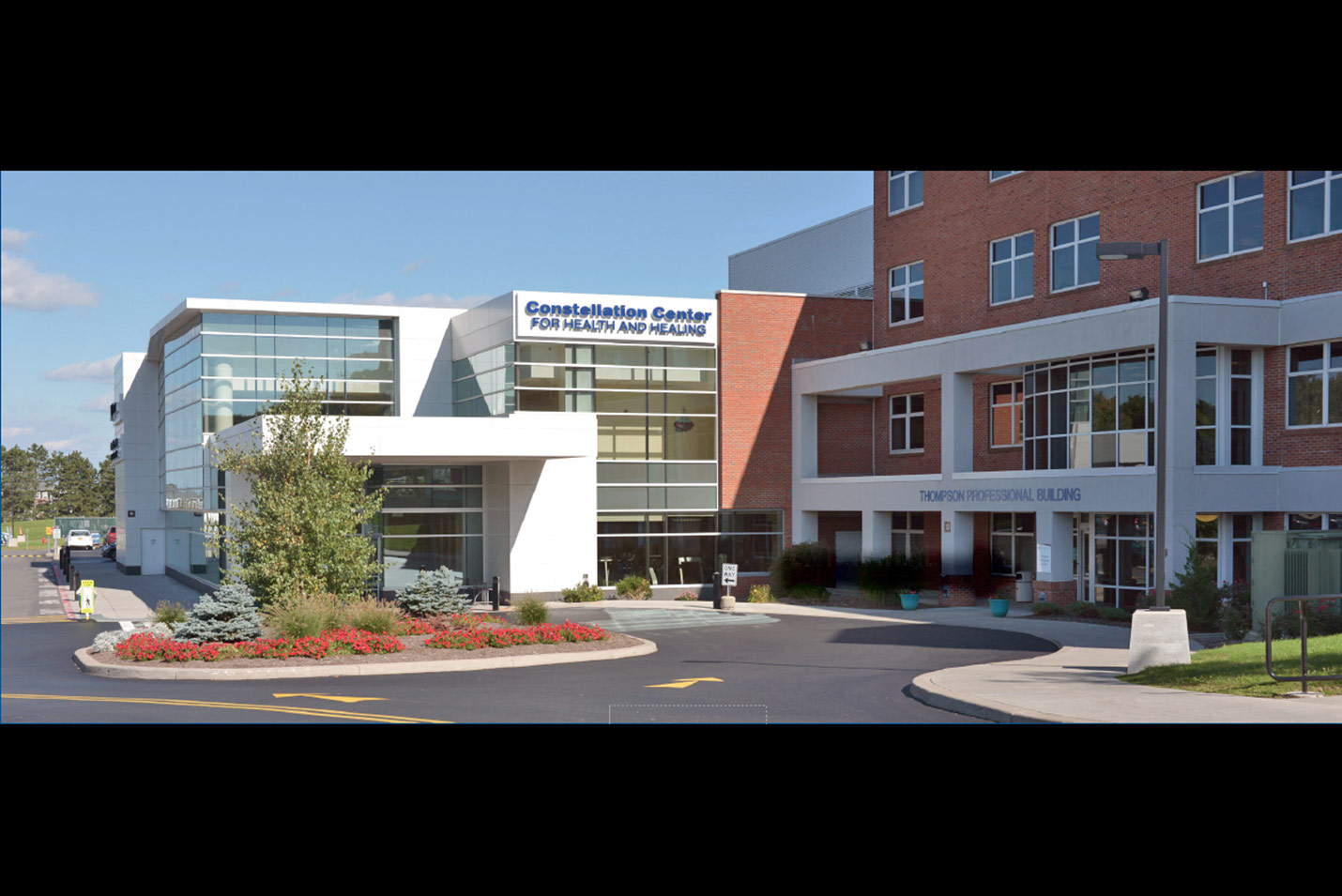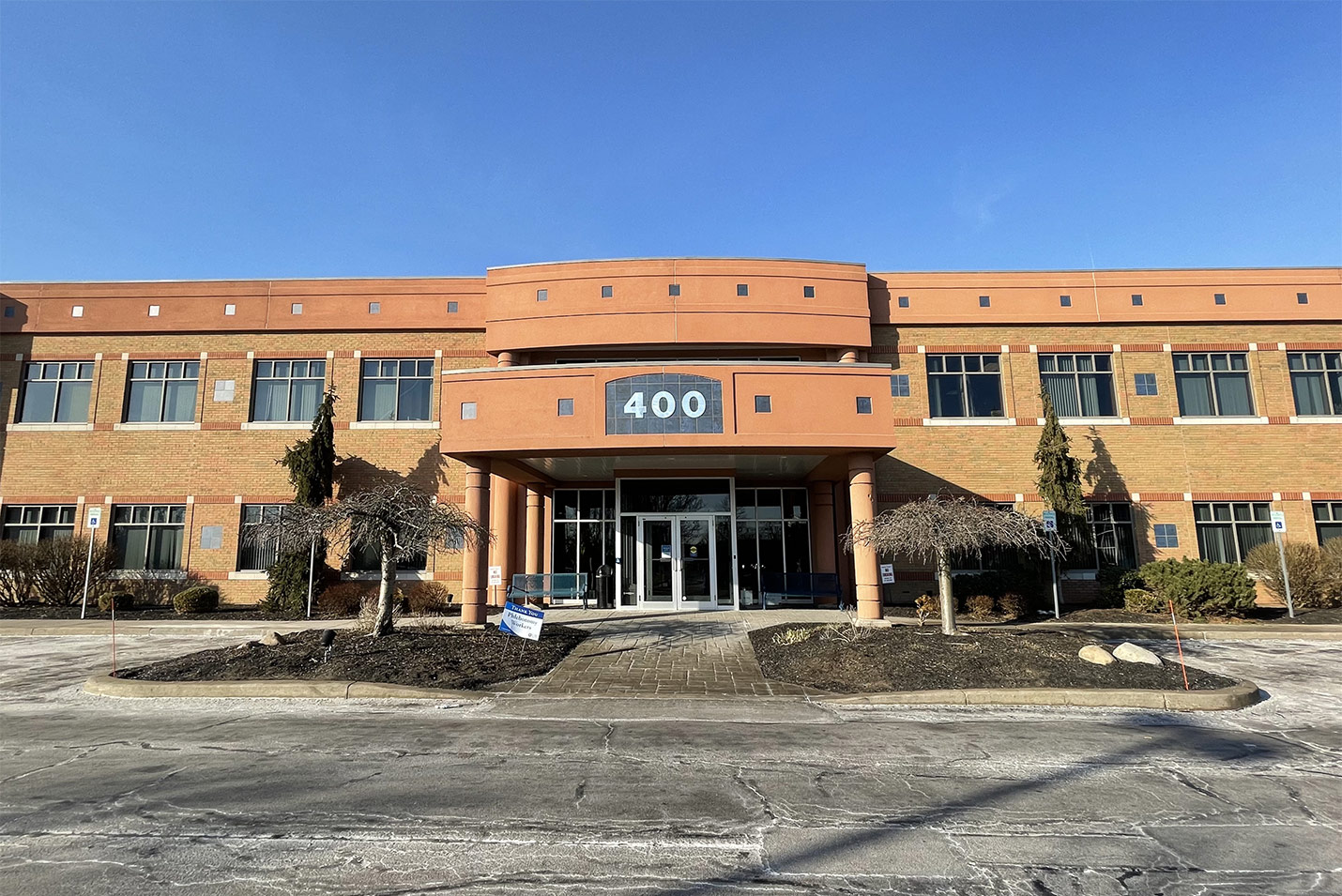Lupus
Make Appointments & Get Care
What is Lupus?
Lupus is an autoimmune illness, meaning your immune system attacks your healthy cells and tissues. Lupus can affect many different parts of the body, including joints, skin, kidneys, the heart, and lungs.
Lupus is more common in Asian, Black, and Latina women. Systemic lupus erythematosus (SLE) is the most common and serious type of lupus.
Lupus symptoms can appear in many parts of the body and can be very different from person to person. Symptoms may come and go. Some of the common symptoms of lupus are:
- Anemia
- Butterfly-shaped rash on the nose and cheeks of the face (malar rash)
- Fatigue
- Fever
- Hair loss
- Loss of appetite
- Pale, blue, or red fingers triggered by cold, stress, or illness (Raynaud's phenomenon)
- Raised rash on the head, arms, chest, or back (discoid rash)
- Rashes caused by sunlight
- Sores in the mouth or nose
- Swollen glands
- Swollen or painful joints (arthritis)
- Weight loss
AIR Live Chat: Now Available
Need to book an appointment? Questions about your health? A live chat agent may be available to assist.
- Look for the blue chat icon located the bottom right corner of this page and click it.
- Type “Allergy, Immunology & Rheumatology” and send the message.
- Click the “chat with an agent” button if it appears.
- You may be asked to provide some basic information. This helps us assist you more effectively.
- If available, a live agent will be with you as soon as possible.
- Once connected, you'll be able to ask questions, schedule appointments, or get assistance with any concerns you may have regarding your health.
UR Medicine's Treatments for Lupus
Lupus can be difficult to diagnose because it can look different in different people. Our experienced health care team provides education, support, and the latest medicines—some of them delivered in our state-of-the-art infusion center. We also help you coordinate the appointments you need for lab work, X-rays, and other tests.
Since lupus is a systemic (whole body) disease, more than one specialist may be involved in diagnosing and managing your illness. This may include a rheumatologist (autoimmune diseases), a dermatologist (skin), a nephrologist (kidney), and other specialists depending on which part(s) of the body are being affected.
Your provider will make a diagnosis based on exam findings, blood tests, and—in some cases—more specialized testing. Your doctor will discuss medications, depending on your symptoms.
There is no cure for lupus. The goal of treatment is to control the inflammation (swelling) to make you more comfortable and to prevent flares, or sudden worsening of symptoms.
Treatment Options
Medications
- Non-steroidal Anti-inflammatory Drugs (NSAIDs): NSAIDs are medicines that reduce pain and inflammation. There are many different NSAIDs. Some NSAIDs, such as ibuprofen and naproxen, are available over the counter. Others require a prescription.
- Corticosteroids: Corticosteroids work quickly to reduce inflammation and control “flares,” or sudden worsening of inflammation. Prednisone is one of the commonly used corticosteroids.
- Antimalarials: Most people with lupus take antimalarial medications, which help treat arthritis, fatigue, and rashes. They also help prevent flares. Hydroxychloroquine is a commonly used antimalarial.
- Immunosuppressants: These medications help control lupus symptoms by making the immune system less active so it stops attacking your body. Examples include azathioprine and mycophenolate.
- Biologics: These medications block proteins in the immune system that cause inflammation and other lupus symptoms. Belimumab is one example.
Lifestyle Changes
- Healthy Eating: The right combination of different foods can help you feel your best and maintain a healthy weight. Foods rich in omega-3s and antioxidants may help control inflammation. UR Medicine nutritionists can help you develop a diet plan that works best for you. Learn how UR Medicine's Improve Nutrition Program can help.
- Staying Active: Physical activity will improve your energy level, decrease stiffness, increase range of movement, elevate mood, and increase bone strength. People with lupus can safely exercise with the proper program, and we have informational materials to get you started. UR Medicine physical therapists can also work with you to devise an exercise regimen that’s best for you. Learn more about UR Medicine Physical Therapy.
- Managing Stress: Stress can cause lupus flares. There’s no quick-fix cure for stress, but there are many ways you can reduce stress in your life and improve your overall happiness. We have informational materials to get you started, and UR Medicine Mental Health and Wellness providers can work with you to develop an individual stress management plan. Learn more about the Patient and Family Resources at UR Medicine Mental Health and Wellness.
What Sets Us Apart?
At UR Medicine, our team is committed to providing care that’s centered around you and your needs, reducing your symptoms, and keeping you healthy.
Onsite Infusion Center
Some people with lupus and other autoimmune diseases need medications that can‘t be taken at home. Two of our rheumatology clinics (Lattimore Road in Rochester and Red Creek Drive in Henrietta) have an Infusion Center where patients can receive these medications in comfort and with privacy. Nurses in the Infusion Center will also provide patients with support and education.
-

Image: Infusion Center at our UR Rheumatology Lattimore Road location
IQ-LUPUS Program
For some lupus patients and their families, it may be harder to find the care and caregivers to manage this illness effectively. Our IQ-LUPUS Program, the only one of its kind in the Rochester region, helps you navigate and overcome some of the everyday barriers you might face. Identified patients will be contacted by one of our social workers, who will:
- Help you find the care you need
- Bring together and share information with your care providers
- Help you understand the medicines you take and any unplanned side effects they might cause
- Provide educational programs that meet your needs
Lupus Education Day
Lupus Education Day is a free annual event for people with lupus and their families. Topics discussed include managing lupus, new trends in treatment, and the unique challenges of living with lupus.
Below are materials from the most recent event:
LED 2023 Webinar (Recorded on 11/4/23; 1 hour 56 minutes)
- "Improving Care in Lupus—Closing the Gap" – Presented by Edith Williams, PhD. MS
- "Lupus in the Year 2023" – Presented by Ilana Ibeles, MD
- "Kidney Disease in Lupus" – Presented by R. John Looney, MD
Providers
Locations
View All LocationsWe serve you in the Rochester metropolitan area and surrounding region.
View All Locations3 locations
Lattimore Medical Center
125 Lattimore Road, Suite G-110
Rochester, NY 14620
Thompson Professional Building
395 West Street, Suite 007
Canandaigua, NY 14424
Red Creek (Calkins Corporate Park)
400 Red Creek Drive, Suite 240
Rochester, NY 14623
Patient Education & Support
We have put together the printable handouts and videos listed below in English and Spanish to help answer many of your questions about lupus and your medications. If you have concerns about RA or your treatment, talk to your doctor.
Medications
- Acetaminophen (PDF)
- Azathioprine (PDF)
- Video: Azathioprine (1:21)
- Belimumab IV (PDF)
- Belimumab SQ (PDF)
- Corticosteroids (PDF)
- Video: Corticosteroids (2:02)
- Cyclophosphamide (PDF)
- Video: Cyclophosphamide (1:49)
- Hydroxychloroquine (PDF)
- Video: Hydroxychloroquine (2:00)
- Mycophenolate (PDF)
- NSAIDS (PDF)
Clinical Trials
Our researchers are studying ways to improve treatment and quality of life of people with lupus. You may wish to help others by participating in a clinical study while receiving the newest treatment available.
Email Us

